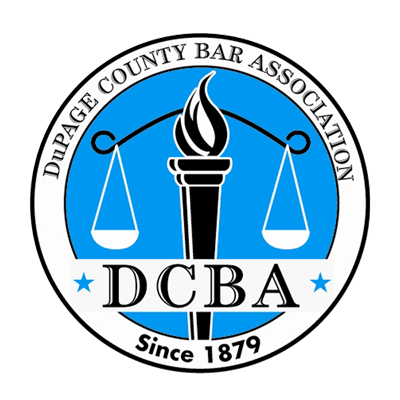The Centers for Disease Control and the National Institutes of Health have reported that over 1.7 million American adults develop sepsis yearly — and over a quarter of a million die as a result.
The morbidity rate is even higher in older adults, particularly those who live in long-term care.
When researchers from Kaiser Health News and the Chicago Tribune investigated these rates, they found that, often, sepsis (and the associated deaths) are preventable.
As a result, it may be possible to link sepsis to negligence by the staff members at nursing homes. Families who have watched their loved ones suffer from the debilitating, potentially-lethal pain of sepsis may be able to recover damages to help them heal and move forward.
What is Sepsis? Nursing Home Post-Surgery Injuries and More
Sepsis is a medical term with a broad definition. When a patient catches an infection, the body’s natural infection-fighting processes may go too far and start to damage the patient’s own tissues. As a result, a patient’s normal bodily processes may start to function abnormally.
Nursing home residents are often highly susceptible to the types of infections, decubitus wounds, and pressure sores that lead to sepsis. Even those who are admitted to nursing homes straight from hospital procedures may be at a heightened risk for sepsis due to healing wounds or surgical incisions.
Sepsis is most common in nursing home residents who are bedridden. Additionally, the Sepsis Alliance notes that older adults are nearly twice as likely to require readmission to a hospital if they have sepsis after a procedure.
Protecting and Treating Vulnerable Populations of Nursing Home Residents
While some assisted living facilities have decided to implement procedures that identify, treat, or prevent sepsis, others have not. Still other nursing homes may have these policies in place, but don’t enforce full compliance with their safety measures.
Without proper care, nursing home residents may exhibit:
- An unexpected decline in their mental health or their mental state
- Abnormal breathing patterns
- Abnormal heart rates
- Signs of a severe infection
- Loss of interest in food
- A fever
While early detection and treatment (usually with antibiotics or intravenous fluids) may improve symptoms and increase a patient’s chances of survival, sepsis can also lead to septic shock.
This shock, characterized by a dangerous drop in blood pressure, can lead to permanent organ damage and death.
Recovering Damages in an IL Nursing Home Sepsis Case
Working towards the compensation you and your family need to heal will require demonstrating negligence on the part of the nursing home team.
The elements of negligence in nursing home sepsis cases include:
- Showing that the nursing home (and its staff) owed the sepsis victim a duty of care
- Showing that the nursing home’s duty of care was not fulfilled, or was breached (e.g., through mistreatment, neglect, or even intentional actions)
- Showing that the sepsis victim experienced pain and suffering as a direct result of the nursing home’s negligence
- Showing the connection between the sepsis victim’s pain and suffering and specific economic and non-economic losses
The medical documentation available at your loved one’s hospital after recent treatment, through the victim’s primary care physician, or at the nursing home itself, may be vital for determining this information.
Importantly, you may be able to work towards this life-changing compensation at an early stage of sepsis — and, consequently, be able to move your loved one to another location or otherwise aid their recovery.
Partnering with a Chicago attorney you can trust will also be vital. When dealing with sepsis, you don’t need to deal with documentation, demonstrating negligence, or strategizing a solid defense as well.
Need a Nursing Home Sepsis Attorney in Aurora, Illinois? The Cullotta Law Firm is Here to Assist
Do you suspect that your loved one has suffered from preventable sepsis while in nursing home care? If so, the Cullotta Bravo Law Firm may be able to help you recover damages to support your family’s recovery. Call us today at 630-225-8341 or contact us online to learn more about the support we offer.











